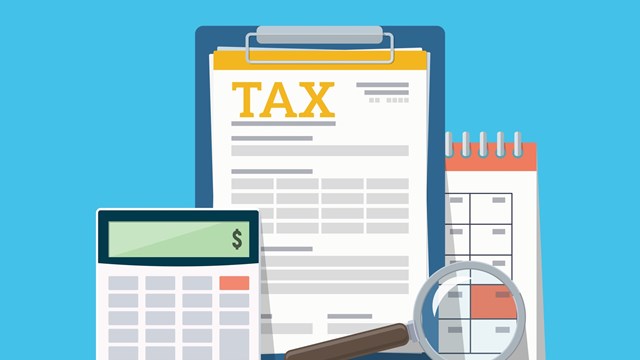I applied last August for the Senior Citizen Homeowners’ Exemption (SCHE) property tax exemption, for which I qualify on all counts—over 65 years, income below maximum level, etc. I understand that if I get this relief I automatically qualify for the “enhanced STAR” exemption. Although I mailed the applications last August, I’ve had no response, nor has my managing agent heard anything from the city.
Please give me any advice on this matter—especially about the board’s confiscation of our two STAR refunds and calling them assessments.
—Manhattan Shareholder
“Only shareholders of the cooperative who use the unit as their primary residence are eligible for STAR. Based on information previously furnished by the co-op, the municipality usually credits the rebate and provides a list of eligible shareholders to the cooperative, together with the credit allocable to each.
“Many cooperatives elect not to return any money to their shareholders. Instead they take a “shortcut” by assessing all shareholders roughly the amount of the credit, and apply the STAR credits due to individual shareholders against the assessment. Since all shareholders must be assessed equally based on their share ownership, though, this leads to some inequities. For example, a shareholder that does not use the unit as his primary residence will have to go out-of-pocket again to pay the amount of the assessment rather than having a credit applied. On the opposite end, if a shareholder is entitled to an “Enhanced STAR” credit (which exceeds the typical STAR credit), they may still be entitled to a credit even after applying the assessment.
“You probably fall in the latter category now, even if you didn’t in 2001/02 or 2002/03. Therefore you should ask management to verify the amount of the credit that you are entitled to and the proportional share of the assessment. If they don’t match, you should get an additional credit. The bottom line is that the credit and the assessment should be applied separately in order to avoid inadvertent overpayments by shareholders.
“I also note that many cooperatives are caught short in maintenance due to the STAR credit and other municipal real estate tax rebates. They take only their net real estate taxes into account in setting their budgets. Therefore, when it comes time to return money to individual shareholders they scramble for funds and have to impose the additional assessment.”







14 Comments
Leave a Comment